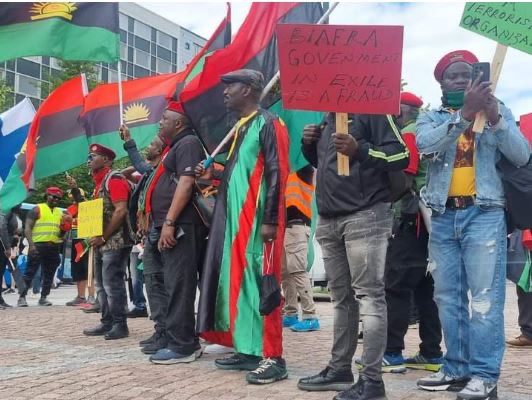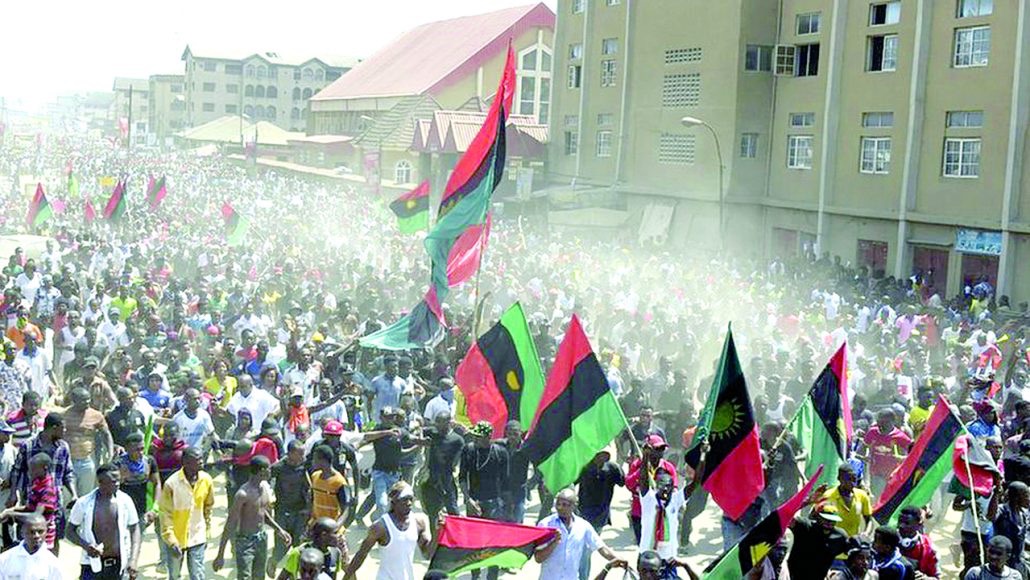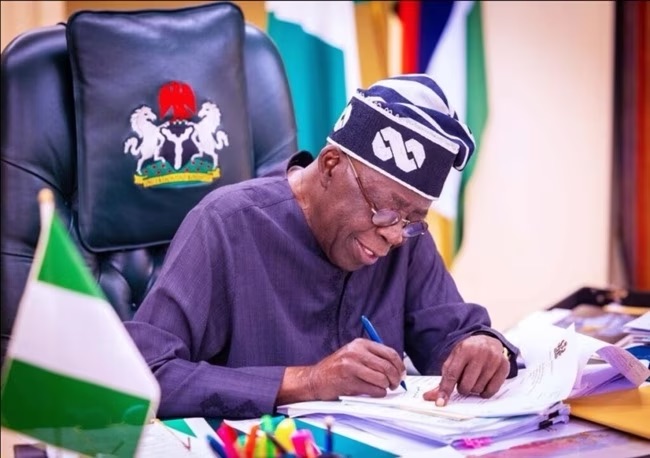The Indigenous People of Biafra (IPOB) has denied any involvement in a recent declaration of Biafran independence in Finland, an act spearheaded by Simon Ekpa and his faction. The declaration, naming the so-called “United States of Biafra,” was announced by Ngozi Orabueze, a member of Ekpa’s group. IPOB’s spokesperson, Emma Powerful, dismissed the declaration as illegitimate and the actions of “criminals” seeking to disrupt the group’s cause. IPOB maintains that any official announcement regarding Biafra’s independence will be globally recognized and follow a peaceful, legal process .

The declaration event in Finland, which involved listing Nigerian states as part of the “new nation,” sparked controversy. Ekpa’s group claimed this step was necessary to secure freedom from Nigeria. IPOB criticized the move as unauthorized and harmful to their efforts for a United Nations-supervised referendum. The Movement for the Actualization of the Sovereign State of Biafra (MASSOB) also distanced itself from the event, noting that declarations made abroad have no tangible impact on Nigeria’s governance .
Simon Ekpa, a controversial figure within the Biafran movement, has faced legal challenges in Finland, including charges of terrorism and incitement. His actions have been widely criticized for promoting violence and destabilizing Nigeria’s Southeast. IPOB, under the leadership of Nnamdi Kanu, has accused Ekpa of hijacking the Biafran cause for personal gain, further fracturing the independence movement .
The Finnish government has yet to take an official stance on the declaration. Meanwhile, Nigeria’s Ministry of Foreign Affairs confirmed that no extradition treaty exists between Nigeria and Finland, complicating any efforts to bring Ekpa to face charges in Nigeria. Legal experts suggest that extradition might still be possible under international conventions, provided Nigeria meets the necessary conditions .
This development underscores growing divisions within the Biafran movement and raises questions about the credibility of its various factions. IPOB reiterated its commitment to a non-violent approach, distancing itself from groups it views as damaging the Biafran cause. These disputes reflect broader challenges in uniting the movement toward achieving its goal of self-determination .





